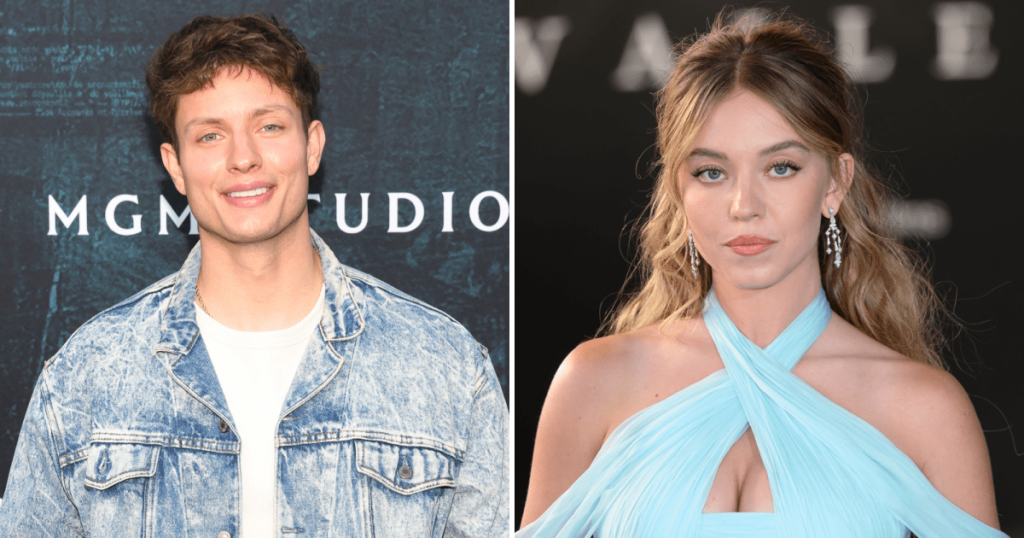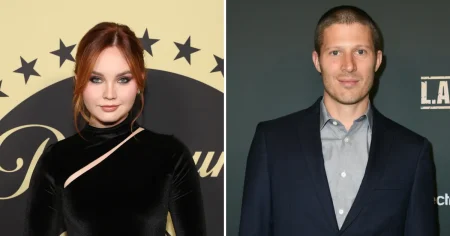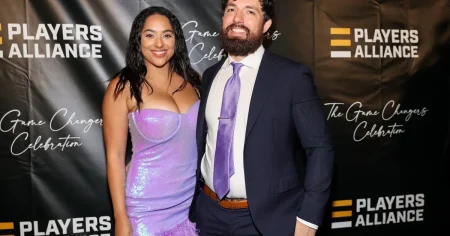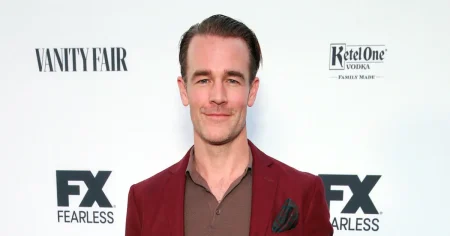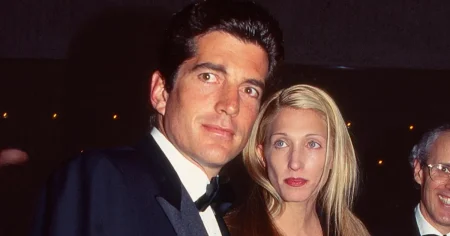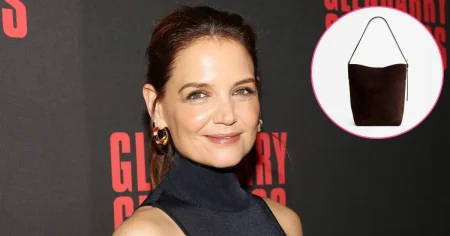Sydney Sweeney and Matt Rife: Navigating the Complex World of Online Criticism
In a recent social media post, comedian Matt Rife voiced his support for actress Sydney Sweeney, who has been facing internet criticism over several recent endorsements. “I keep seeing people mad at Sydney Sweeney for noooothing,” Rife expressed on X. He pointed out what many public figures experience today: the internet’s tendency to twist words and create controversy where none should exist. Rife’s defense came after Sweeney faced backlash for her comments about a soap endorsement that playfully claimed to use her bathwater, as well as an American Eagle campaign with the tagline “Sydney Sweeney Has Great Genes.” These incidents highlight the increasingly challenging landscape celebrities navigate when engaging with brands and social media.
Sweeney’s comments to WSJ Magazine revealed her thoughtful approach to public perception: “I think it’s important to have a finger on the pulse of what people are saying, because everything is a conversation with the audience.” She noted an interesting gender dynamic in the reactions to her bathwater-themed product, observing that female commenters seemed to embrace the concept when it involved her “Euphoria” co-star Jacob Elordi. This observation points to potential double standards in how similar marketing approaches are received when featuring male versus female celebrities. Elordi’s bathwater became culturally significant after his role in “Saltburn,” where a scene involving bathwater went viral and inspired fan merchandise – yet Sweeney’s similar concept drew criticism rather than the same playful reception.
The American Eagle campaign controversy demonstrates how easily marketing language can spark unintended interpretations. The double entendre “Sydney Sweeney Has Great Genes” was intended as a clever play on words for a denim campaign, but was interpreted by some as promoting eugenics – a scientifically discredited and historically harmful theory. A source close to Sweeney told Us Weekly that the actress feels the situation “has been blown out of proportion” and is focusing instead on her work, including filming the third season of HBO’s “Euphoria.” American Eagle has since clarified their intention, stating: “‘Sydney Sweeney Has Great Jeans’ is and always was about the jeans. Her jeans. Her story. We’ll continue to celebrate how everyone wears their AE jeans with confidence, their way.”
Interestingly, Matt Rife’s defense of Sweeney comes at a time when he himself has experienced the fickle nature of public opinion. His recent partnership with e.l.f. Cosmetics drew criticism due to controversial jokes about domestic violence in his 2023 Netflix special, for which he previously apologized. The beauty brand ultimately acknowledged the criticism, stating, “We understand we missed the mark with people we care about in our e.l.f. community.” This parallel situation underscores how public figures across entertainment industries are increasingly held accountable for past statements when they enter new commercial partnerships, creating a complex web of expectations around celebrity endorsements.
The experiences of both Sweeney and Rife reflect the challenging reality for today’s public figures who must constantly navigate between authentic self-expression and the possibility of misinterpretation. When celebrities partner with brands, they enter a delicate dance where creativity and humor can easily be misconstrued or examined through different cultural lenses. What was once a straightforward endorsement has become a potential minefield, where words, images, and associations are scrutinized from every angle. For Sweeney, who mentioned thinking “very strategically” about her endorsements, even this careful approach couldn’t prevent controversy – suggesting that perhaps no amount of planning can fully prepare celebrities for the unpredictable currents of online discourse.
The cases of Sweeney and Rife illustrate a broader truth about modern celebrity: maintaining a public image requires constant adaptation to shifting cultural sensitivities while facing an audience empowered by social media to voice immediate and widespread criticism. While celebrities have greater platforms than ever before, they also face unprecedented scrutiny. As these controversies fade and new ones inevitably emerge, the fundamental question remains about the responsibility shared between public figures, brands, media, and audiences in creating healthier discourse. Perhaps what’s needed isn’t less humor or creativity in marketing, but more generosity in interpretation and a willingness to consider context before rushing to judgment – a balance that seems increasingly difficult to achieve in today’s rapid-fire digital landscape.





